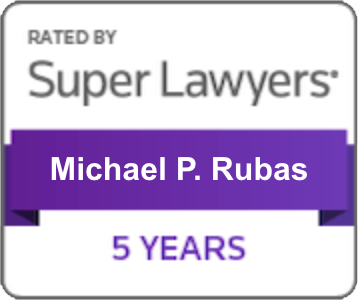Theft and Property Crime Certified Criminal Trial Attorney
In New Jersey, there are different theft laws that vary based on the nature of the items allegedly stolen, the intent behind the act, and the circumstances surrounding the incident. Moreover, most theft crimes are graded based on the monetary value of the stolen property, meaning that penalties become more severe based upon the increasing worth of the stolen property.
In New Jersey, a person is guilty of theft by unlawful taking or disposition if he/she unlawfully takes, or exercises unlawful control over, movable property of another with purpose to deprive him thereof; or he/she unlawfully transfers any interest in immovable property of another with purpose to benefit himself or another not entitled thereto.
A person can also be guilty of theft by deception if he/she purposely obtains property of another by deception. A person deceives if he purposely a creates or reinforces a false impression, including false impressions as to law, value, intention or other state of mind, and including, but not limited to, a false impression that the person is soliciting or collecting, prevents another from acquiring information which would affect his judgment of a transaction, or fails to correct a false impression which the deceiver previously created or reinforced, or which the deceiver knows to be influencing another to whom he stands in a fiduciary or confidential relationship.
Consequences of Theft and Property Crime Convictions
Penalties vary on theft offenses based on the value of the stolen item. Value means the fair market value of the property at the time and place of the alleged theft. The Criminal Code defines fair market value is the price that a buyer would be willing to pay and a seller would be willing to accept if both parties were aware of all the relevant surrounding circumstances and neither party were under any compulsion to buy or sell. Theft crimes are graded as follows:
|
$75,000 or more |
2nd degree crime |
Up to 10 years in prison |
|
More than $500 and less than $75,000 |
3rd degree crime |
Up to 5 years in prison |
|
More than $200 up to $500 |
4th degree crime |
Up to 18 months in prison |
|
Less than $200 |
Disorderly persons offense |
Up to 6 months in jail |
In addition to imprisonment and/or a fine, a person convicted of a theft offense to pay restitution to the theft victim, meaning that the offender must repay the victim for his or her monetary losses associated with the theft.
Years of experience have taught Certified Trial Attorney Michael Rubas that every theft is fact sensitive and that a complete, well planned defense is required. Rubas Law Offices explore every theft case to identify any issues that can assist in defending and/or negotiating the best outcome for our clients
Michael Rubas has a Monmouth County office in Manasquan and a Hudson County office in Jersey City that serve clients in the Superior Courts all throughout the State of New Jersey.





